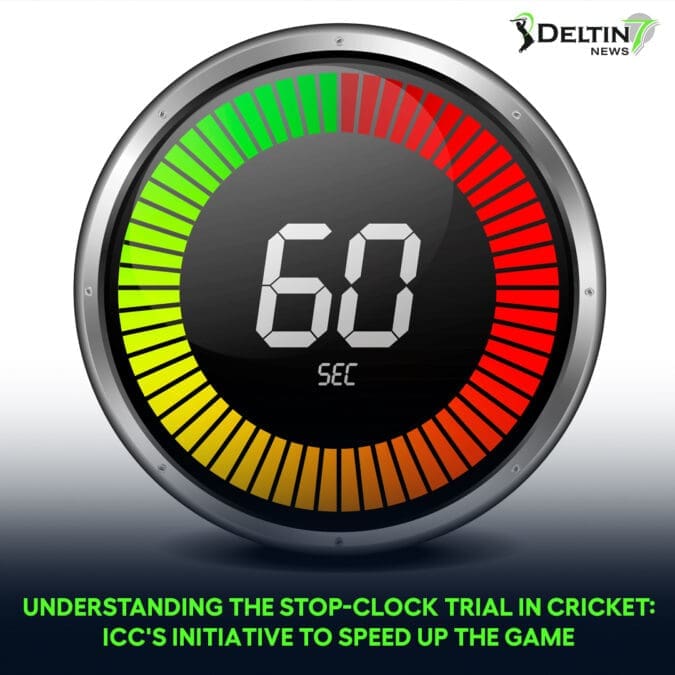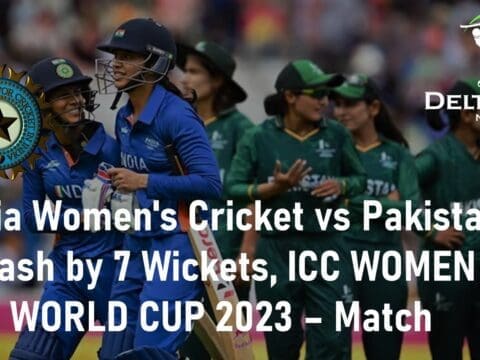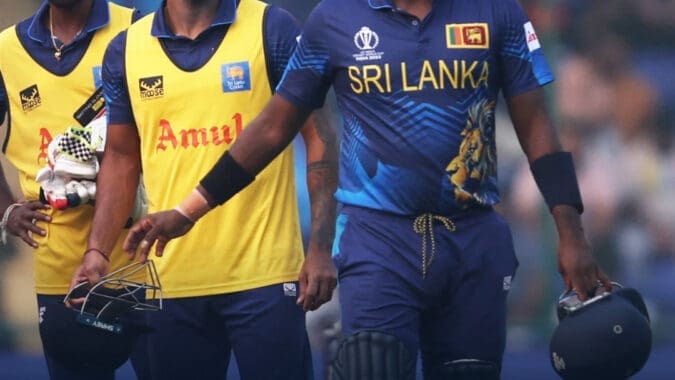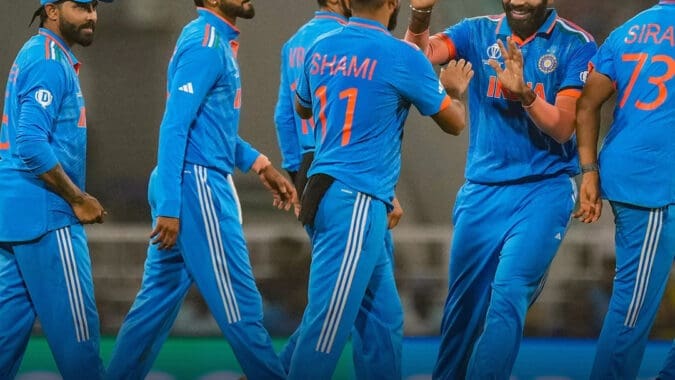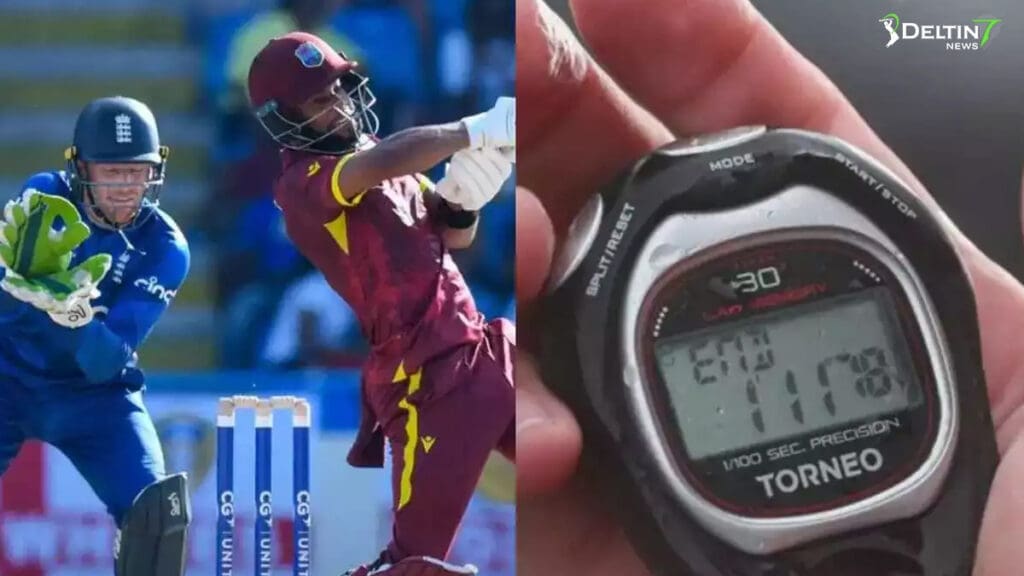
Understanding the Stop-Clock Trial in Cricket
The stop clock trial will be used by the International Cricket Council (ICC) on Monday in an effort to expedite play during the forthcoming Twenty20 series between West Indies and England. The five-match T20 series’ opening match is scheduled on December 12 in Barbados.
The new regulation will be put to the test for six months, from this December to April 2024, on a “trial basis.”
The time between overs will be regulated by a clock in accordance with this regulation.
Cricket, known for its leisurely pace, is a sport that has captivated fans around the world for centuries. However, in recent years, there has been a growing concern over the length of matches and the time wasted between overs. To address this issue, the International Cricket Council (ICC) has introduced a stop-clock trial in full member men’s One Day International (ODI) and Twenty20 International (T20I) matches. This trial is set to begin with the upcoming T20I series between West Indies and England on December 12, 2023.
The Need for a Speedier Game
Cricket matches, especially in the limited-overs format, are meant to be fast-paced and exciting. However, several factors, including time wastage by the fielding team, have led to longer and slower matches. The ICC recognizes the importance of maintaining the interest and engagement of fans, and therefore, has taken the initiative to implement the stop-clock trial.
The Implementation of the Stop-Clock Trial
The stop-clock trial, approved at the latest ICC meeting, aims to penalize instances of time wastage by the fielding team. According to the revised Men’s ODI and T20I playing conditions, the fielding team must be ready to bowl the first ball of their next over within 60 seconds of the completion of the previous over. An electronic clock, counting down from 60 to zero, will be displayed on the ground to monitor compliance.
Trial Period and Assessment
The stop-clock trial will be conducted during the period between December 2023 and April 2024, encompassing approximately 59 international fixtures. The outcomes of the trial will be assessed at the end of this period to evaluate its effectiveness in speeding up the game and reducing time wastage.
Penalties for Time Wastage
To ensure compliance with the stop-clock rule, the ICC has implemented a penalty system. Failure of the fielding team to adhere to the 60-second rule will result in two warnings, followed by a five-run penalty for a third infringement. These penalties aim to incentivize teams to maintain a swift pace of play and discourage unnecessary delays between overs.
Exceptions to the Stop-Clock Rule
While the stop-clock rule applies in most situations, there are exceptions outlined in the playing conditions. If a new batter comes to the wicket between overs, an official drinks interval is called, the umpires approve the on-field treatment of an injury, or time is lost due to circumstances beyond the control of the fielding side, no penalties will be imposed.
Responsibility of Umpires and Third Umpire
The starting point of the clock will be determined by the third umpire. It will commence when the last ball of the previous over has been called dead or when any umpire or player review from the final ball of the previous over is complete. The umpires will monitor the fielding team’s compliance with the time limit and enforce penalties when necessary.
Impact on the Fielding Side and Strategies
The introduction of the stop-clock trial will undoubtedly have an impact on the fielding side. Captains and bowlers will need to strategize and ensure that they are ready to bowl within the specified time limit. This added pressure may lead to more efficient field placements, quicker decision-making, and a heightened focus on time management.
ICC’s Continuous Efforts to Speed up the Game
The stop-clock trial is another step taken by the ICC to address the issue of slow-paced matches. In 2022, the ICC introduced a playing condition that limited the number of fielders outside the inner circle if the fielding team was unable to start their final over on time. The success of this condition paved the way for the stop-clock trial to further enhance the pace of play.
Future Implications and Global Adoption
The outcomes of the stop-clock trial will determine its potential adoption in international cricket beyond the trial period. If successful, the stop-clock rule may become a permanent feature in limited-overs matches, ensuring a faster and more engaging cricketing experience for fans worldwide.
Conclusion
The stop-clock trial in cricket represents the ICC’s commitment to addressing concerns over the pace of play and time wastage in matches. By implementing penalties for time violations and introducing a countdown clock, the ICC aims to encourage a more efficient and captivating style of cricket. As the stop-clock trial commences with the West Indies vs. England T20I series, cricket enthusiasts eagerly await the potential impact of this initiative on the future of the game.

